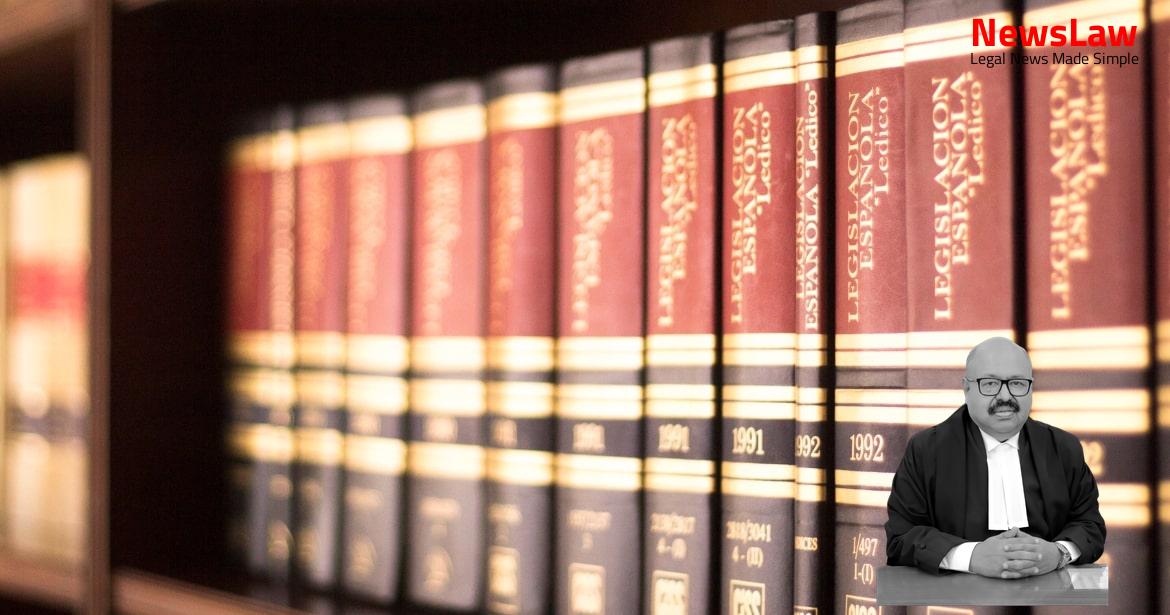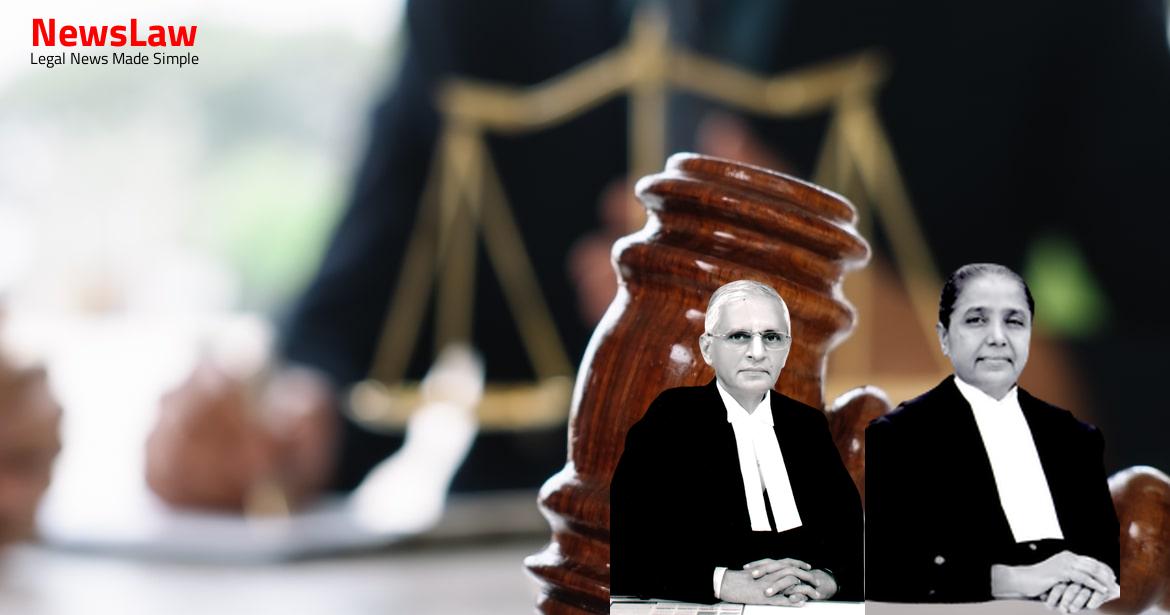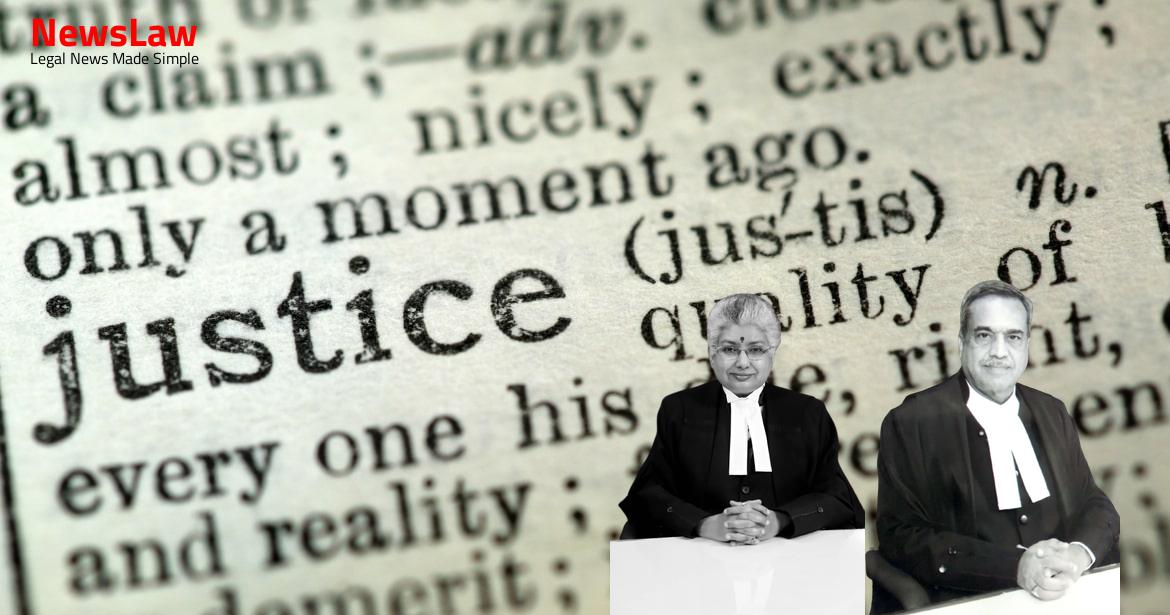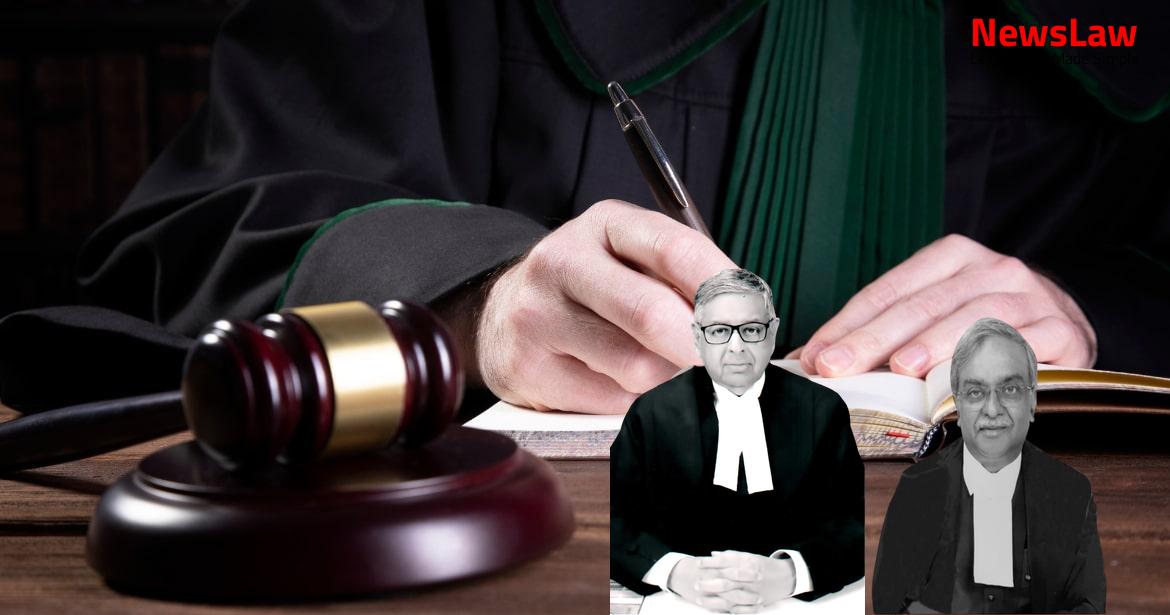The present batch of appeals involves a crucial interpretation of Section 14A of the Income Tax Act. The focus is on whether banks should face proportionate disallowance of interest under Section 14A for investments in tax-free bonds. This analysis delves into the legal intricacies of the provision and its implications on financial institutions engaged in tax-free income investments.
Issue
- The issue to be addressed in the present batch of appeals is the interpretation of Section 14A of the Income Tax Act.
- The question is whether proportionate disallowance of interest paid by banks is necessary under Section 14A for investments made in tax-free bonds or securities that yield tax-free dividends and interest to the assessee banks.
- The assessees in this case are scheduled banks who also engage in investments in bonds, securities, and shares, earning interests and dividend income that are tax-free.
- Chapter IV of the Income Tax Act provides for the Heads of Income for the computation of Total Income.
Also Read: Insurance Claim Repudiation due to Fire Incident: Court’s Legal Analysis
Arguments
- The counsel for the revenue refers to the reasoning of the CIT(A) and of the High Court to support their case.
- The appellants argue that investments in bonds and shares should be considered made out of interest-free funds, which were more than the actual investment, thus the interest paid on deposits and borrowings should not be considered as expenditure related to tax-free income.
- Citing cases like CIT Vs. Suzlon Energy Ltd., CIT Vs. Microlabs Ltd. and CIT Vs. Max India Ltd., the counsel argues that there is no finality on the issue of disallowance when mixed funds are used.
- Since the issue is pending before a larger Bench, the Bench refrains from commenting further on the matter.
- In the case of mixed funds being used to lend to a sister concern, the issue of disallowance arises.
- If the assessee is able to prove that the funds used for the loan to the sister concern do not belong to it but to the sister concern itself, then the disallowance cannot be made.
- Documentation and evidence are key in establishing that the funds in question rightfully belong to the sister concern and not the assessee.
- Proper accounting entries and clear segregation of funds can help in avoiding disallowance in such situations.
Analysis
- The obligation to provide full material disclosures at the time of filing Income Tax Return does not extend to maintaining separate accounts for different types of funds held.
- Proportionate disallowance of interest under Section 14A is not justified for investments in tax-free bonds/securities if interest-free own funds exceed the investments.
- Disallowance under Section 14A cannot be made if investments in securities are made from common funds where non-interest-bearing funds exceed investments.
- The necessity of maintaining separate accounts for investments in tax-free bonds and shares was not mandated by any statutory provision.
- Expenditure incurred for earning tax-free income should not be allowed as a deduction in calculating total income.
- The Bombay High Court decision favored the assessee’s right to assert from which part of a mixed fund a particular investment is made.
- The ITAT decision was overturned by the High Court supporting the Revenue’s contentions.
- Section 14A disallowance was intended for pending assessments and assessment years starting from 2001-2002.
- Requirement of separate accounts for investments earning tax-free income was not upheld by the High Courts.
- The High Court endorsed proportionate disallowance under Section 14A as separate accounts were not maintained by the assessee.
- The Assessing Officer made proportionate disallowance of interest due to a lack of separate accounts for investment that earned tax-free income.
- Section 14-A(1) of the Income Tax Act disallows deduction of expenditure incurred in relation to income that does not form part of the total income.
- CBDT Circular No. 18 of 2015 clarified that shares and securities held by a bank as stock-in-trade are not investments, and income from them is considered business income.
- Punjab and Haryana High Court held that income from shares and securities held by a bank is business income and not subject to Section 14A disallowance.
- Expenditure must have a causal connection with the exempted income to be disallowed under Section 14A.
- Delhi High Court principle of apportionment applies only if the business is divisible.
- Interest-free funds available to an assessee are presumed to be used for investments when sufficient.
- Section 14-A aims to prevent double benefit to the assessee by disallowing expenditure related to income not part of total income.
- Disallowance of expenditure under Section 14A is contingent on the income not being includible in the total income of the assessee.
- Sub-section (2) provisions apply when an assessee claims no expenses incurred in relation to income not part of total income under the Act
- Assessing Officer cannot reassess under section 147 or enhance assessment for years up to April 1, 2001
- Introduced to the main section by Finance Act, 2006 and effective from 01.04.2007
- Government aims for maximization of compliance
- Tax system should be designed for ease of planning and budgeting by taxpayers
- Balance between compliance and taxpayer convenience reduces litigation
- Revenue generation can be maintained without unnecessary disputes
Decision
- The issue framed in the appeals was answered against the Revenue and in favor of the assessee.
Case Title: THE SOUTH INDIAN BANK LTD. Vs. THE COMMISSIONER OF INCOME TAX (2021 INSC 462)
Case Number: C.A. No.-009606-009606 / 2011



